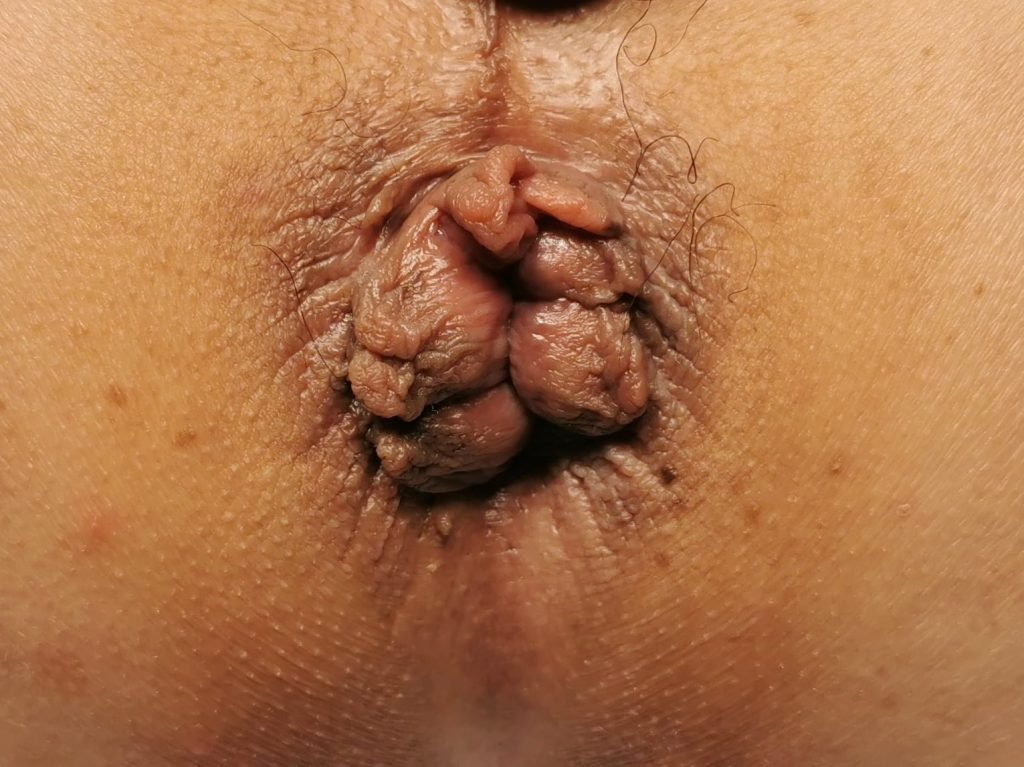Haemorrhoids Surgery
Haemorrhoids Surgery – Expert Care for Lasting Relief in Singapore
Overview
Crest Surgical Practice is your trusted destination for Haemorrhoid Surgery in Singapore. Here, we give priority to your well-being. Dealing with haemorrhoids can be painful and uncomfortable for you. Do not worry; we are with you to assist with Haemorrhoids or treatment for bleeding piles in Singapore.
Our experienced surgeon is here to provide compassionate care and effective solutions for your haemorrhoid concerns.
Why Choose Us for Haemorrhoid or Piles Surgery in Singapore?
- Expertise: We specialize in treating various colorectal conditions, including haemorrhoids. Our surgeon has years of experience and keeps up with medical advancements.
- Personalized Care: We prioritize patient-focused healthcare, starting with a thorough consultation to assess individual needs and develop a customized treatment plan.
- Well-Equipped Facility: We offer surgical techniques like piles ligation, conventional haemorrhoidectomy, ligasure haemorrhoidectomy and stapled haemorrhoidectomy in Singapore. Our clinic is equipped with the latest equipment to ensure the highest quality of care.
- Comprehensive Support: From your first visit to post-surgery follow-up, our team is with you every step of the way. We prioritize open communication and provide clear guidance throughout your treatment process.
Don’t let haemorrhoids disrupt your quality of life any longer. At Crest Surgical Practice, our goal is to assist you in regaining your confidence and comfort.
If you’re interested in Haemorrhoid or piles surgery in Singapore, please don’t hesitate to contact us and schedule a consultation today. Taking this first step towards leading a haemorrhoid-free future is essential. We’re dedicated to your well-being and are excited to work with you as your health partner.
Information About Haemorrhoids or Piles
 Haemorrhoids, also known as piles, are swollen veins in the anus. They can be internal, located inside the anus (internal haemorrhoids) , or external, located under the skin around the anus (external haemorrhoids) or combination of both.
Haemorrhoids, also known as piles, are swollen veins in the anus. They can be internal, located inside the anus (internal haemorrhoids) , or external, located under the skin around the anus (external haemorrhoids) or combination of both.
Haemorrhoids are a common condition, with about 75% of population experiencing them at some point in their lives. They are more common in people who are over 50 years old and in pregnant women due to increased pressure on the veins in the pelvis.
Risk factors for haemorrhoids include:
- Chronic straining during bowel movements
- Chronic constipation or diarrhea
- Obesity
- Pregnancy
- Increasing age
Common symptoms of haemorrhoids include:
- Fresh rectal bleeding, staining toilet paper
- Itching or irritation in the anal area
- Pain or discomfort at anus
- Swelling or a lump around the anus
- Mucus discharge
- Painful bowel movements
Haemorrhoids themselves do not turn into cancer. However, some symptoms of haemorrhoids such as rectal bleeding can also be caused by other more serious conditions such as colorectal cancer. Therefore, if you are experiencing persistent or severe symptoms such as rectal bleeding, it is important to see a doctor for an accurate diagnosis. Your doctor may recommend a colonoscopy to exclude colorectal cancer.
Most mild haemorrhoids can be treated conservatively without any surgery.
Lifestyle changes that can help relieve haemorrhoids symptoms include:
- Eating a high-fiber diet to help soften stools and reduce risk of constipation
- Drinking plenty of water to stay hydrated
- Avoiding straining during bowel movements
Over-the-counter treatments for haemorrhoids include:
- Topical creams that contains hydrocortisone, or other anti-inflammatory agents to reduce swelling and discomfort
- Suppositories to help relieve symptoms such as itching, burning, and inflammation
- Stool softeners to help ease constipation and reduce straining during bowel movements
Surgical options for haemorrhoids?
Rubber band ligation: This involves placing a small rubber band at the base of the haemorrhoid, which cuts off blood flow and causes it to shrink and eventually fall off. This procedure is typically well-tolerated and can be performed at the bedside or in an outpatient setting, often in conjunction with a colonoscopy.
Haemorrhoidectomy: This is a surgical procedure that involves the excision of the haemorrhoids. The procedure is typically performed under general anaesthesia and involves the use of a scalpel or laser to remove the haemorrhoids.
Stapled haemorrhoidectomy: This procedure involves the use of a stapling device to remove the excess tissue and reposition the remaining hemorrhoidal tissue back into its normal position. This procedure is typically associated with less pain and a shorter recovery time than haemorrhoidectomy.
Transanal Haemorrhoidal Dearterialization: This procedure involves the use of a Doppler ultrasound to locate the arteries that supply blood to the haemorrhoids. The arteries are then tied off to reduce the blood flow to the haemorrhoids, causing them to shrink.
What are the risk of haemorrhoids surgery?
Some possible risks of haemorrhoids surgery include:
Pain: After the surgery, you may experience pain or discomfort, which can be managed with analgesia.
Bleeding: Haemorrhoids surgery may cause some bleeding, but this is usually minor and self limiting.
Infection: There is a small risk of infection after hemorrhoid surgery, but not common.
Anal stenosis: This is a rare complication that occurs when the anal opening becomes narrowed after surgery.
Recurrence of haemorrhoids: In some cases, the hemorrhoids may return a few years after surgery.
Book Appointment
Book your consultation today for expert surgical care.

